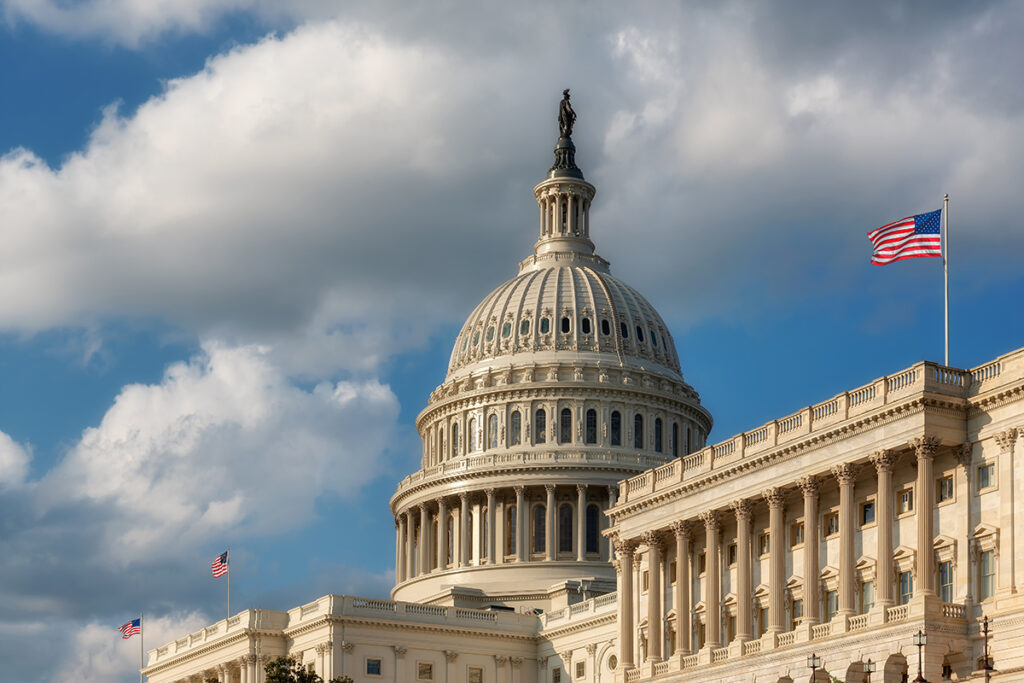The ongoing saga surrounding TikTok has reached a pivotal moment as the United States Congress moves closer to potentially banning the app or compelling its sale. However, the crux of the matter lies in identifying a suitable buyer for the immensely popular platform.
The recent passage of legislation in the House of Representatives signifies a significant stride in the government’s efforts to exert pressure on TikTok’s Chinese parent company, ByteDance. The legislation seeks to compel ByteDance to divest the app to a non-Chinese entity within a stringent six-month timeframe, failing which TikTok could face prohibition on US app stores.
While the bill garnered bipartisan support in the House, its fate hangs in the balance in the Senate, where concerns about governmental overreach and implications for free speech abound. Moreover, Beijing’s staunch opposition to a forced sale adds another layer of complexity to the situation.
The proposed ban stems from lawmakers’ apprehensions about potential national security threats posed by Chinese intelligence agencies accessing American user data. This has sparked a flurry of speculation about potential buyers for TikTok, given its staggering value and user base.
With a user base of approximately 170 million in the US alone, TikTok is undeniably a coveted asset in the tech industry, estimated to be worth around $100 billion. This has piqued the interest of major players in Silicon Valley and beyond.
Companies such as Meta, Alphabet, and Microsoft stand out as potential suitors, boasting the financial muscle required to acquire TikTok outright. However, regulatory hurdles loom large, with concerns about antitrust violations and monopolistic practices taking center stage.
Meta’s ownership of Facebook and Instagram, coupled with Alphabet’s control of YouTube, raises red flags about market dominance. Similarly, Microsoft’s lack of a social media platform of its own does not exempt it from regulatory scrutiny.
Recent reports suggest that Bobby Kotick, former CEO of Activision Blizzard, has explored potential partnerships to acquire TikTok. However, concrete details remain scarce, and any prospective deal would likely face regulatory scrutiny.
Apple, a tech behemoth with substantial cash reserves and no social network of its own, emerges as another potential contender. Nevertheless, apprehensions about maintaining its tightly controlled ecosystem and navigating regulatory minefields may deter Apple from pursuing TikTok.
Moreover, the intricacies of managing a social media platform pose significant challenges, including the need for continuous content moderation and addressing societal concerns. Past attempts to force a TikTok sale during the Trump administration faltered amid legal battles and geopolitical tensions.
China’s unwavering stance on retaining control over TikTok’s algorithm, a pivotal component of its success, adds another dimension to the conundrum. The Communist Party’s emphasis on high-tech innovation for economic growth underscores its reluctance to relinquish ByteDance’s control over the algorithm.
Detaching the algorithm from ByteDance would entail a convoluted process fraught with legal hurdles and delays, further complicating any potential sale.
As the debate over TikTok’s fate unfolds, the elusive quest for a willing buyer remains a central challenge for lawmakers and stakeholders. Whether a solution can be reached to address national security concerns while safeguarding the app’s functionality and value remains uncertain.


